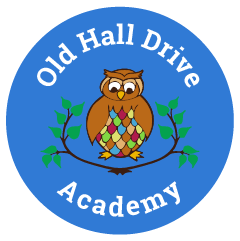Vocabulary Teaching
Language acquisition is one of the biggest indicators of future success and therefore we both implicitly and explicitly teach vocabulary to our children.
Vocabulary in the Early Years
From the moment our children step foot inside our early years setting, they are immersed in language-rich environments. Thoughtfully designed learning spaces provide our children with necessary stimuli to develop language skills effectively. Our staff use every opportunity to use rich language and to interaction with our pupils, modelling conversation and turn taking skills, using Elklan techniques. Teachers read books rich in language, flood the physical environment with words and provide children with experiences and topics to talk about. Circle time and speaking and listening activities are planned in throughout the day. The children experience a range of nursery rhymes, songs and poems throughout their time in Early Years.
Our teachers also plan opportunities to explicitly teach new vocabulary and concepts to our children. Our early years staff carefully map out key concepts to ensure coverage over the children’s time in early years.
Beyond the Early Years
The need for vocabulary teaching does not end after EYFS. Teachers continue to provide our children with language rich experiences right through to year 6. The books on our reading spine are texts which immerse our children in a wide variety of new vocabulary, as do the books used in whole class reading and the wider curriculum. The range of language used in written text means that reading is a good way of expanding vocabulary knowledge, because written text contains rarer, less familiar words than conversation does. All children, even those who cannot decode fluently, benefit from being read aloud to as it provides access to these less familiar words, as well as providing a model for fluent reading and pronunciation.
Children in our academy are taught new vocabulary directly using a consistent approach in every classroom. The vocabulary taught is known as ‘tier 2’ vocabulary– words which are of high value. These words are of high frequency in written text but not as frequently used in day to day conversation. To us, explicit vocabulary teaching is not a case of explaining the meaning of a word once and expecting children to remember it– we know the brain does not work this way. Instead, vocabulary is purposefully selected and pre-taught before making an appearance in lessons. These words are revisited regularly to ensure they make it into long term memory! We make use of etymology and morphology and spend time exploring words in detail. The brain values stories. The word meander means to follow a winding course. Did you know the word meander is derived from the Greek word Maiandros? Search Google for the Maiandros river!


